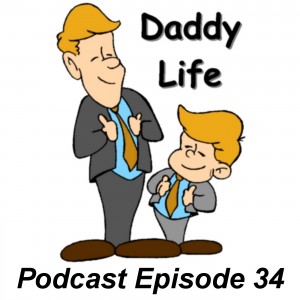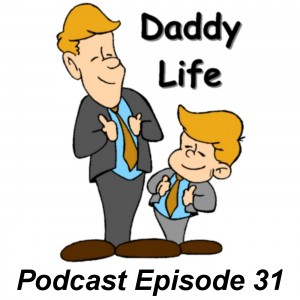Podcast: Play in new window | Download
Subscribe: RSS
 Kindle FreeTime is FREE!
Kindle FreeTime is FREE!
Let me just say right up front that this is a correction/clarification from my detailed review of the Kindle Fire (and FreeTime) parental controls in Episode 32. This correction should come as a pleasant surprise to you Amazon Kindle Fire owners.
Kindle FreeTime Unlimited is not free…and it comes at a price in more ways than one for Christian families.
Why not buy Kindle FreeTime Unlimited:
– Amazon makes content decisions for your child, not you.
-
SpongeBob SquarePants (Numerous)
-
Scooby-Doo (Numerous)
-
In Search of the Fog Zombie
-
The Avatar’s Return (The Last Airbender Movie)
-
Where does Love come from?
Book description from Amazon, “Where does love come from? Does it grow on a tree? Or swim in the sea? This collection of silly questions explains a complicated emotion in a fun, entertaining way that children can easily understand. Where Does Love Come From? concludes with a declaration that readers likely already know . . . that “love comes from your heart.”
Privacy
Another example of how technology is breaking down your expectation of privacy.
StormFly Nowcomputing.com
The creators of StormFly have cleverly packaged the same basic technology that many kids use to get around filters installed on home computers. The product was successfully funded through Kickstarter. The intent is to allow kids to take their computer wherever they go…on their wrists. Proceed with caution.
101 Minute Challenge
Use GOOGLE or Bing to search for “minutes in a week” and the answer you get is 10,080. Divide that by 100 and you get 100.8. So 101 minutes (100.8 rounded up) equals 1% of your week.
We revisit the Fathers Mandate part 1 of 8 which was highlighted in Daddy Life Episode #12. I challenge you to dedicate 101 minutes of your week to one of the following:
- Your family together for 101 minutes outside of normal meal times (Good)
- A total of 101 minute with each child throughout the week (Better)
- 101 minutes dedicated, uninterrupted, with each child doing what the child wants to do (Best)
Subscribe to this podcast via iTunes or RSS:













